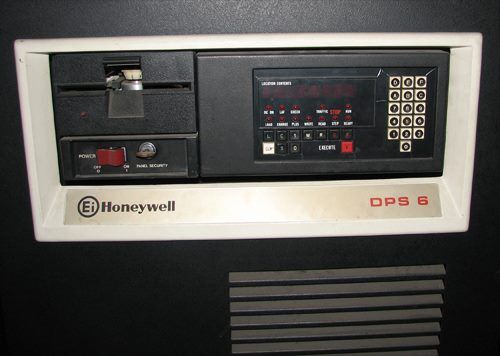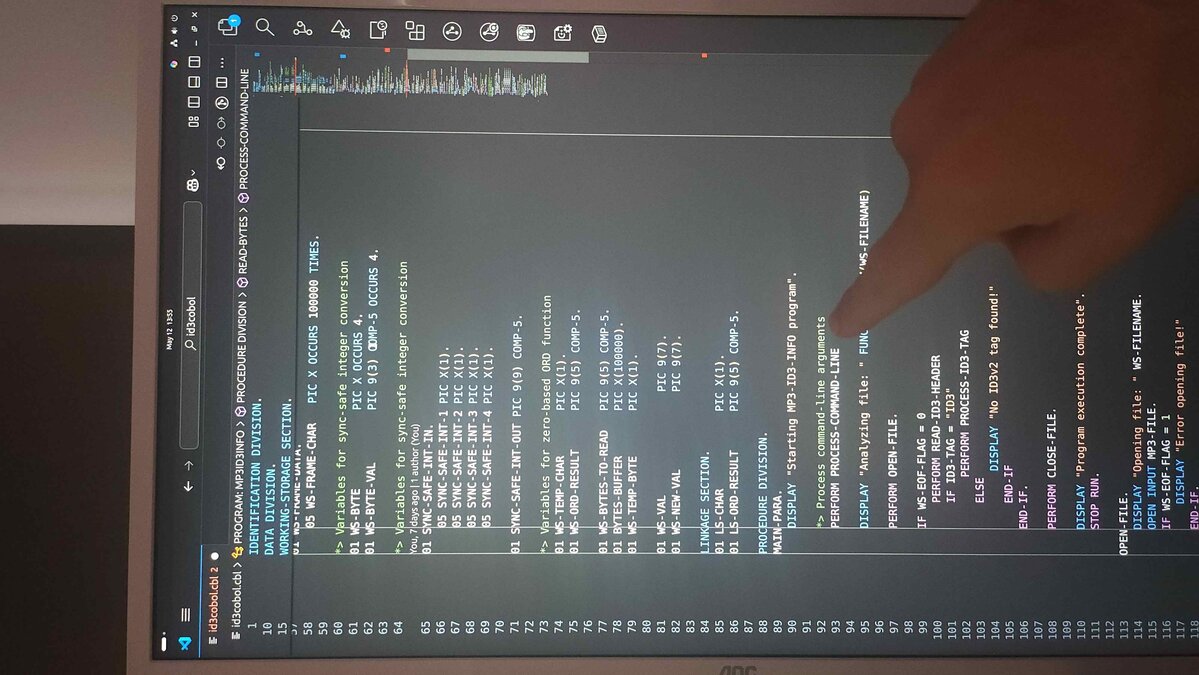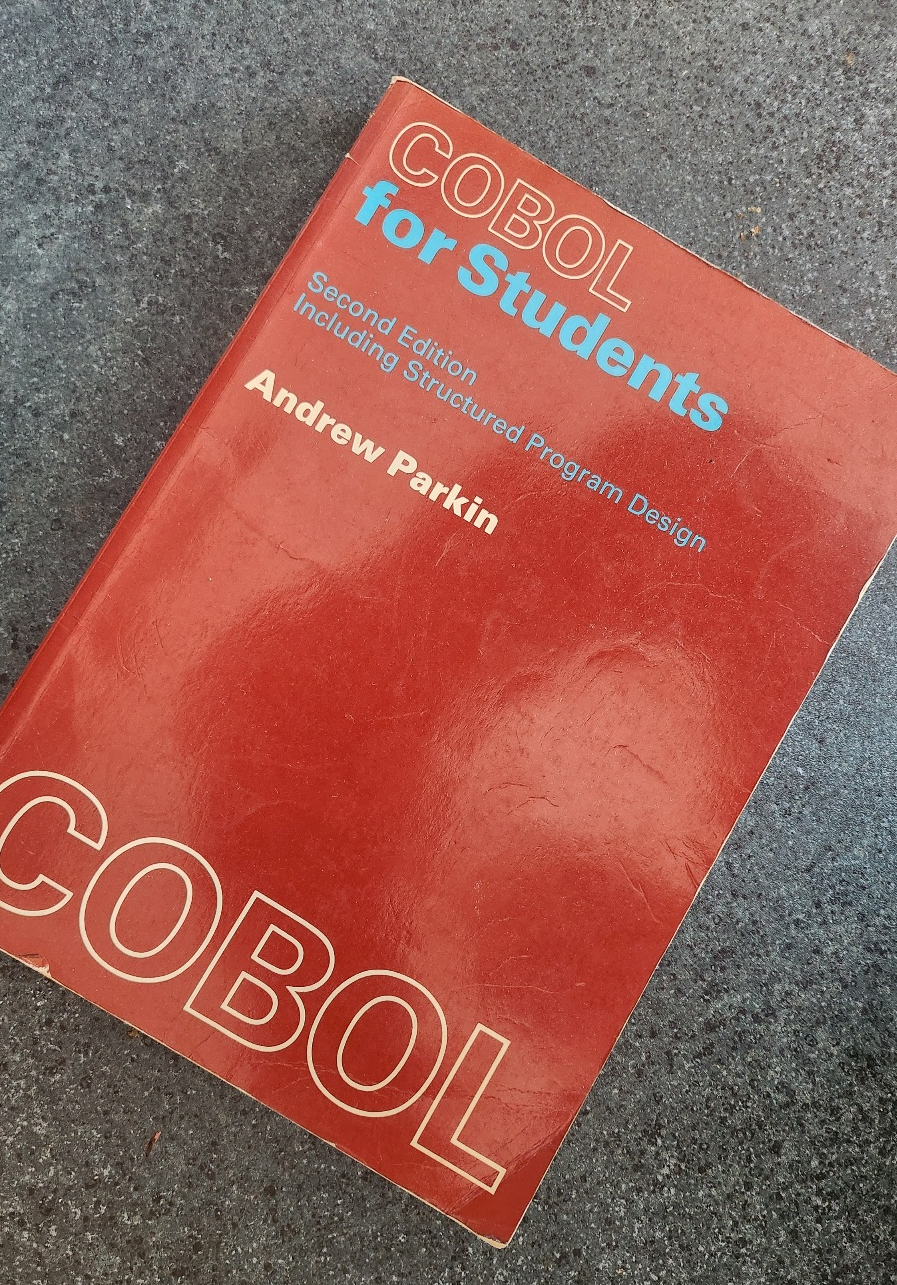My COBOL Journey
There is, let's be honest, no sane reason to code in COBOL these days—unless you're employed at one of those banks still clinging to legacy systems like a cat to a warm laptop. Fortunately (or unfortunately), I've been around long enough to remember when COBOL wasn't a punchline.
I first encountered COBOL in the 1980s—before many readers of this page were born, and definitely before developers started putting "AI" in every job title. My first hands-on encounter came during my time at Dixons Stores Group, where I worked as an Operator. In practical terms, this meant I spent my days running backups, mounting tapes the size of pizza boxes, and handing out printouts like I was dealing in paper futures. It was a rite of passage.
The Honeywell Era

The star of the show was a Honeywell DPS/6—a system that made loud noises, had serious blinking-light energy, and ran GCOS 8, which sounded cooler than it actually was. It was a big iron mini-mainframe (yes, that's a thing) that gave off a distinct Cold War bunker vibe. It was here I got the chance to explore COBOL in its natural habitat: punchy, verbose, and proudly uppercase.
"COBOL reads a bit like someone trying to talk to a computer through a legal contract. Verbosity is its love language."
Micro Focus COBOL
But wait—there's more!
Before the Honeywell, I had my first real go at COBOL using Micro Focus COBOL on DOS. This was pre-Windows, back in the days when the mouse was still trying to justify its existence and "multitasking" meant opening a spreadsheet and listening to a cassette tape. The editor was built on GEM Desktop, a windowed GUI system that somehow managed to be both futuristic and clunky at the same time. Think of it as a cross between early Mac OS and a dot matrix printer's fever dream.
You had to compile, link, and run everything by hand, but it worked. And for all its quirks, Micro Focus COBOL was surprisingly approachable. I built a few programs, learned about record structures and file handling, and generally appreciated the fact that COBOL reads a bit like someone trying to talk to a computer through a legal contract. Verbosity is its love language.
Fast Forward to Modern Times
Fast forward a few decades and, for reasons I still can't fully explain (nostalgia? masochism? a deep need to debug things that really shouldn't exist anymore?), I decided to take another dip into the COBOL waters using GnuCOBOL. This modern variant runs happily on Linux and even integrates with VS Code thanks to Oleg Kunitsyn's debugger extension.
Rather than reimplement a kernel or automate my taxes in COBOL (tempting though it was), I opted for something smaller but weirder: a utility to extract ID3 tags from MP3 files. Bit twiddling in COBOL—because why not add some self-inflicted challenge to your weekend?
The debugger does work—mostly. I spent a solid chunk of time wondering why my variables weren't showing up during debugging, only to discover that COBOL doesn't much care for hyphens in PROGRAM-ID. Of course it doesn't.
The code lives here (no warranty, no guarantees, and no judgment): ID3 Tag Extractor in COBOL

